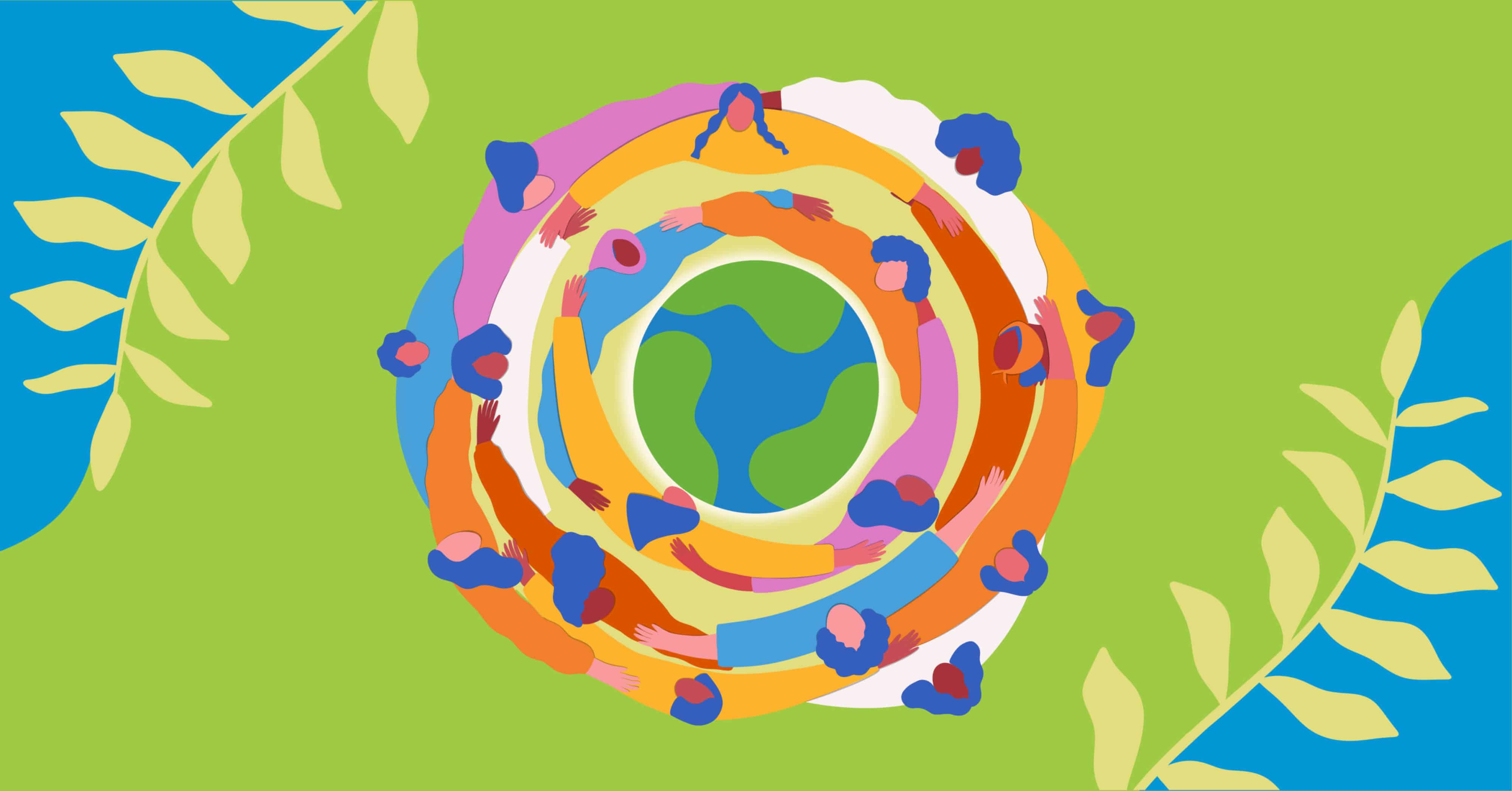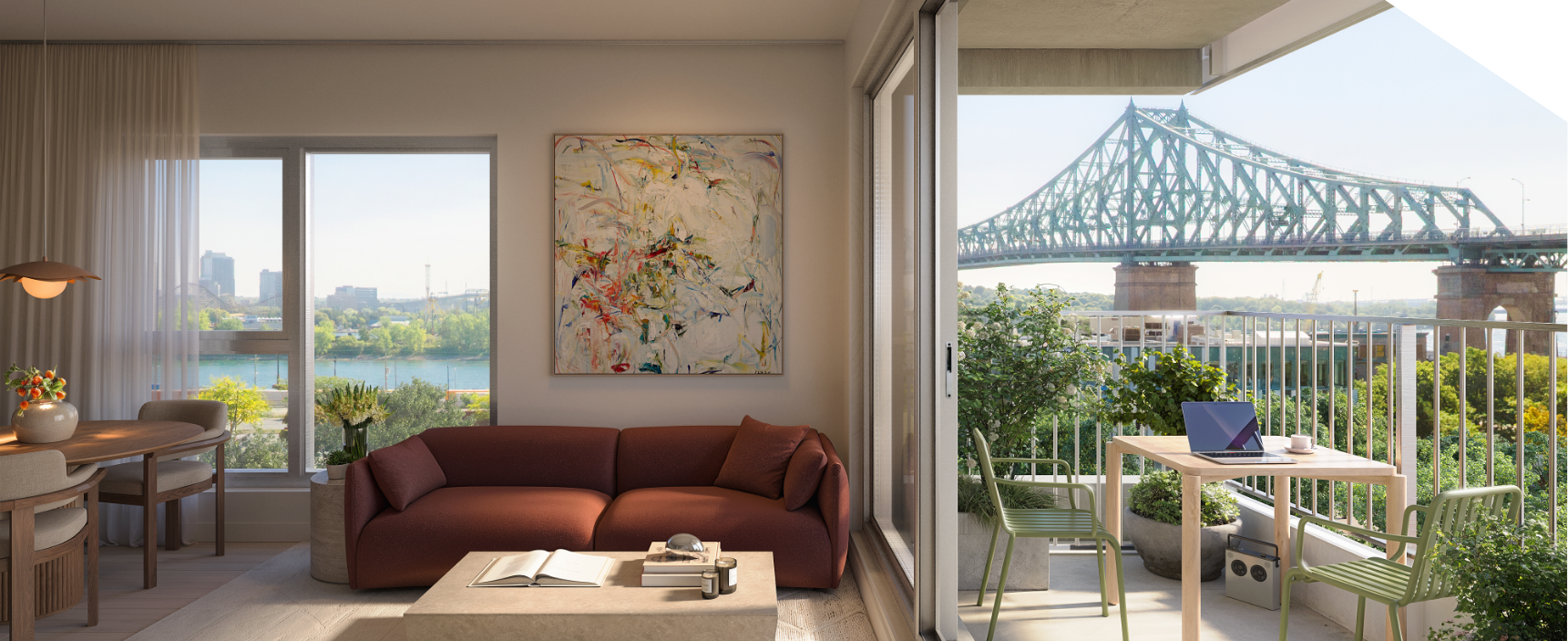Interview with the Montréal YWCA’s Isabelle Gélinas for International Women’s Day



To celebrate International Women’s Day, our team spoke with Isabelle Gélinas, Director of Communications at the Montréal YWCA. We discussed the organization’s mission and values, its integration into the Esplanade Cartier project, and its approach to International Women’s Day.
The first thing Ms. Gélinas, the organization’s Director of Communications, told us was that the Women’s Y is celebrating its 147th anniversary this year. “We have been in Montréal longer than City Hall”, joked Gélinas.
In fact, the Women’s Y has been contributing to building a more inclusive, safer, and less violent society for women, girls, and gender non-conforming individuals since 1875. At its beginning, the Montréal Women’s Y assisted “foreigners,” which at the time meant women who arrived in the city from the countryside, explains Ms. Gélinas. Upon their arrival, the organization would help them with housing, provide job search assistance, and a host of other services.
“At the time, the Montréal Women’s Y offered a bunch of completely new initiatives for women. For example, we gave typing and stenography courses, which back then was revolutionary as secretarial jobs were reserved for men.”
The Montréal Women’s Y was also the first to open a fitness centre in 1909 that was reserved exclusively for women.

The Women’s Y has adapted its services according to issues of safety and violence women encountered throughout history.
“You don’t make it to 147 without adapting. The issues are always there, but how we address them is what has changed.”
However, Gélinas points out that the underlying principle of the Women’s Y is still the same—to provide safe spaces for women. The organization provides both transitional housing with weekly psychosocial support to women and the opportunity to participate in various activities as well as affordable rental housing for women and their families.
The pandemic has definitely accentuated the systemic hurdles women face and the apprehension they feel in accessing housing and employment. As Ms. Gélinas explains, this is even more pronounced for single mothers, women from racialized groups, immigrants, and so on.
With this context in mind, the organization offers a multitude of solutions. It provides employability programs, a legal information clinic, family caregiver support services, and family activities. It also hosts prevention workshops in schools and academic settings to equip young women with the tools needed to build healthy and equal relationships. The Y also gives workshops to employers to raise awareness about unconscious biases that hinder a variety of processes.
As Gélinas put it, “everything we do aims to build a more inclusive, equitable, and less violent world.”
By joining the Esplanade Cartier project, the Women’s Y will enrich the community programs already offered in the area and create new social housing for women and their families. As opposed to the organization’s current location, this new building will include family-adapted housing just minutes from a metro station.
“We’re really happy to be a part of a socially diverse project. We think it’s fun to be in a lively setting with stores, offices, public spaces, and housing. And we’re thrilled to offer new social housing and contribute to the growth of community services offered to women.”
The organization will run a brand new 360-degree support centre, where women and their families will be able to get assistance and receive guidance on their concerns and worries. There will also be a volunteer centre, which will act as a springboard for individuals to acquire a first professional experience in Quebec.
Finally, the Women’s Y will expand its employability programs and assist women looking for their first job or to make a career change.

For Ms. Gélinas, she proposes celebrating International Women’s Day in two ways. “On the one hand, it’s an opportunity to celebrate women in all their diversity and richness. On the other, it is important to acknowledge that gender equality has not been achieved and there is still a long road ahead.” It is also an opportunity to learn more about the contribution, actions, and current fights of various women’s movements.